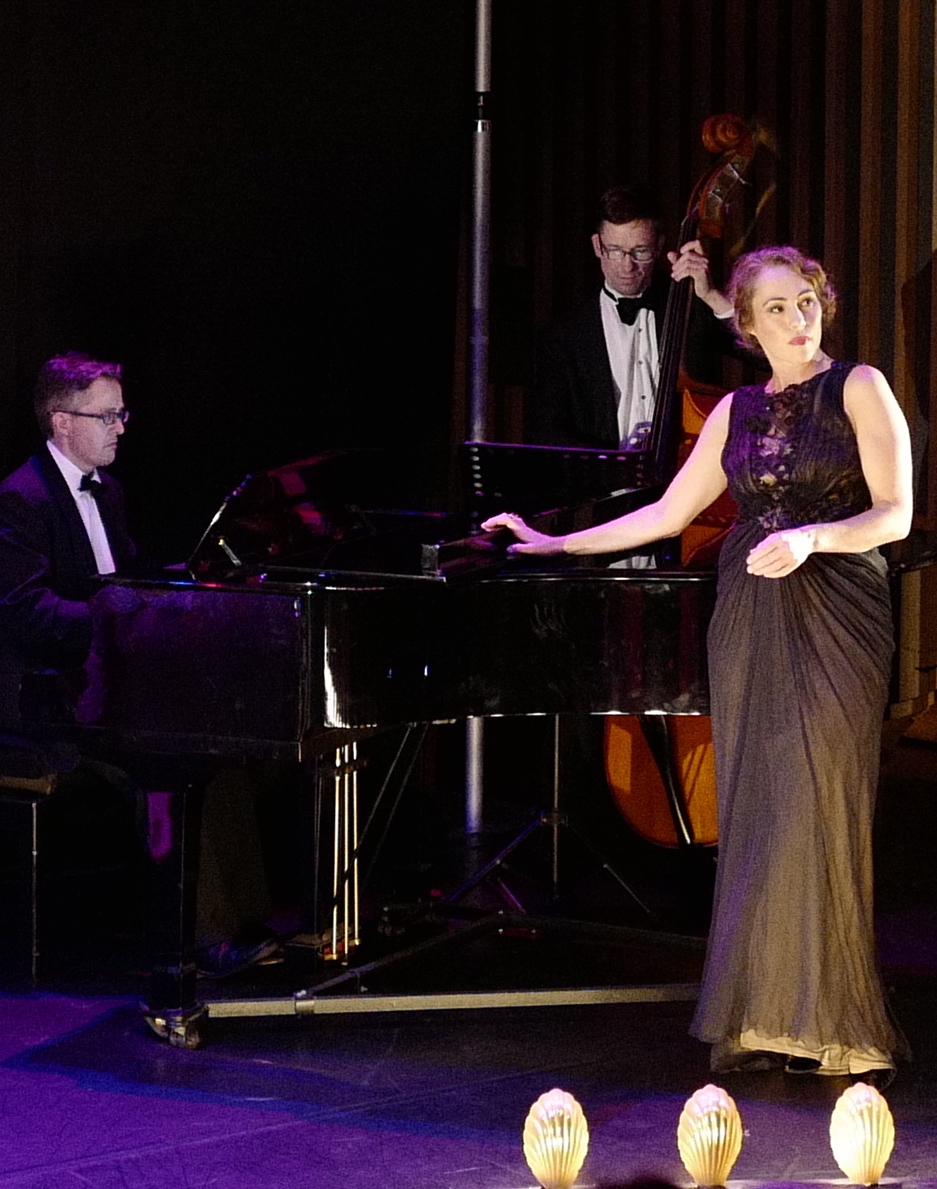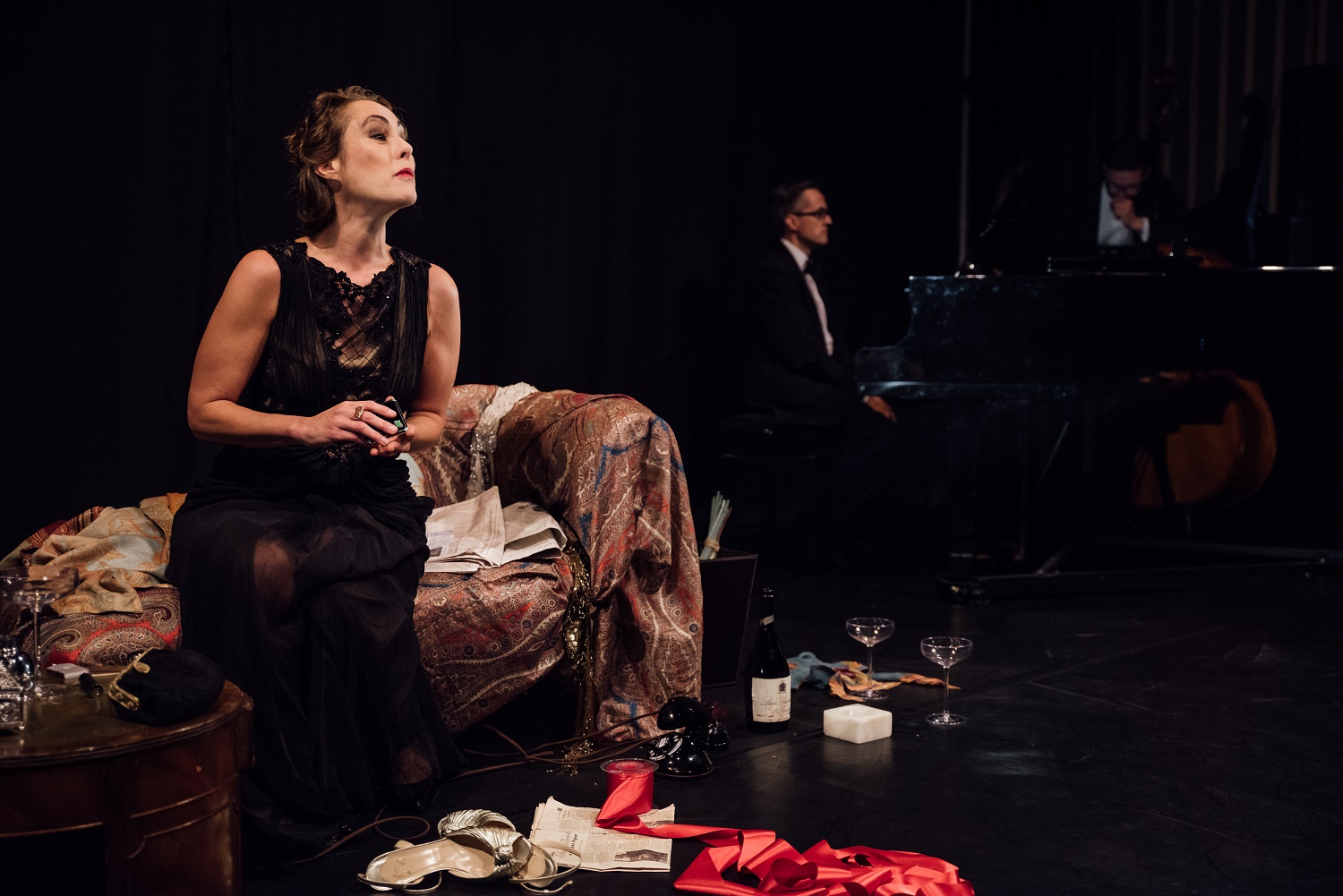Review | ‘Margo: Half Woman Half Beast’ at Edinburgh Fringe Festival
See what we thought of this camp but tragic play by Melinda Hughes
By Steve Brown

The First World War left countries around the globe in severe debt and by the next decade much of the world was languishing in the great depression.
Berlin on the other hand was home the Golden Twenties; a place of free love, women’s rights and cabaret.
It is here that we are transported immediately as we enter the space for Margo: Half Woman Half Beast by Melinda Hughes.
German cabaret music playing, a lavish set of chaise longue, draped materials, antique telephones and grand pianos – as if we have entered someone’s salon in a penthouse apartment in Charlottenburg.
The cabaret-style show uses monologue and song to takes us seamlessly through the fascinating life of Margo Lion; a starlet on the edge of greatness.

Her life and affairs – with men and women. Her friendship with a young, not-yet-famous Marlene Dietrich and marriage to Jewish theatre-maker Marcellus Shiffer.
Her struggles with alcoholism and fears as the change in political climate grips Germany’s capital at the turn of the 30s, as the Weimar Republic diminishes and the Nazis begin their rise to power.
Margo is played by writer Melinda Hughes, who glides elegantly around the stage, a little bit camp and little bit tragic, balanced in perfect harmony.
She holds the audience in her hand and her heart throughout with her captivating, songbird voice, effortlessly switching between English, German and French when needed.
At times the more dramatic moments can be lost during the dialogue, but when she sings we hear perfectly the pain, passion or playfulness intended in the music.

Accompanied expertly by pianist and songwriter Jeremey Limb, his presence on stage is crucial for the cabaret feel of the show.
Direction by Sarah Sigal is masterful as everything, from set, music and dramaturgy, to dialogue and song, creates the perfect feeling that we have been invited to a private, personal cabaret.
Each piece of set or prop seems at first to be randomly placed, but throughout the show we can see that it everything has a specific job.
Overall maybe I am somewhat biased as a gay, Jewish musical fan, who studied German and lived in Berlin.
For me the period is fascinating and I was entertained and educated all at once.
Margot is intimate and genuine; the perfect show for the Edinburg Festival, where it will be landing later this week.
Rating: 5*
Words by Paul Bloomfield
